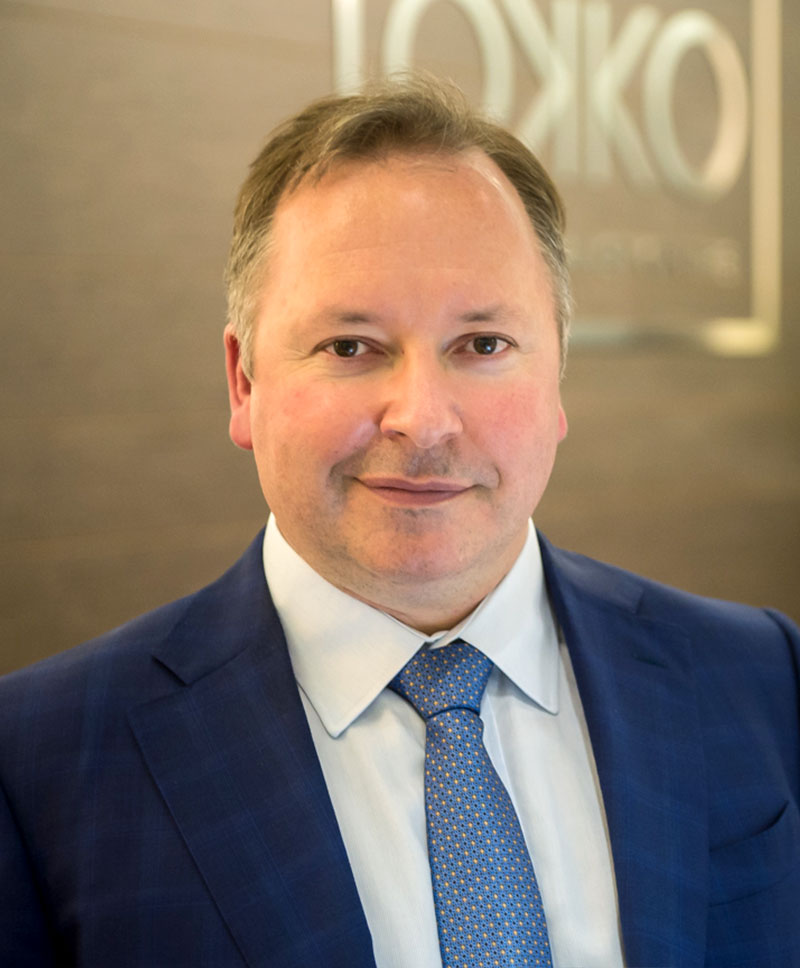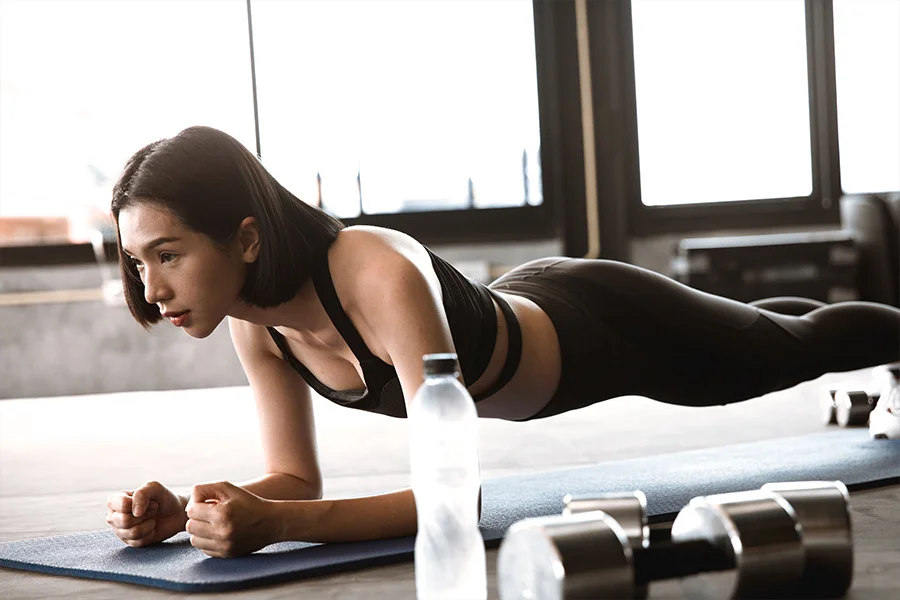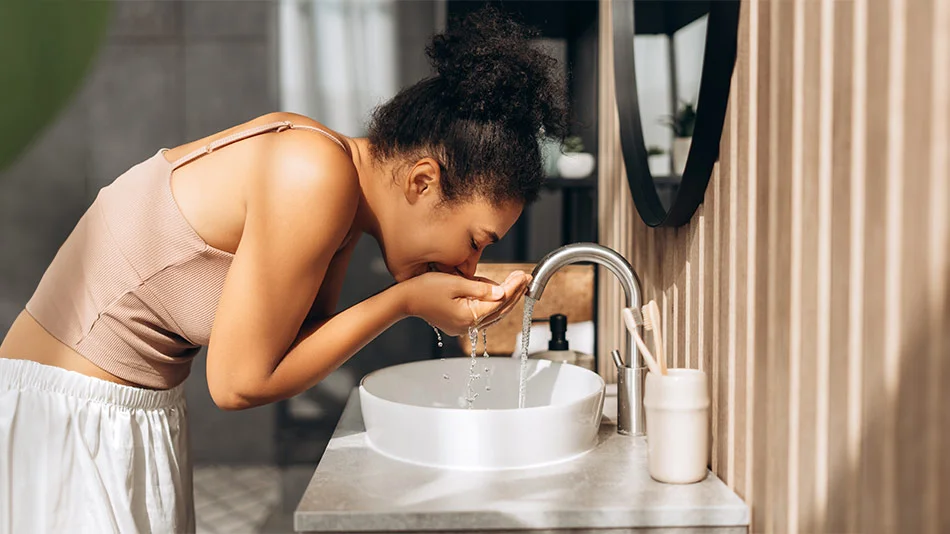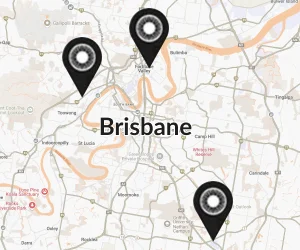
PRK surgery goggles: Why they matter and when to use them
If you’ve just had PRK (photorefractive keratectomy) or are preparing for surgery, you might be wondering why you’ll be asked to wear goggles afterward. It’s not just a precaution. These goggles help protect your healing eyes and support a smooth recovery.
In this article, we’ll explain the role of PRK surgery goggles, how long you’ll need them, and how they compare to sunglasses during the healing process.
To learn more about the procedure itself, visit our PRK surgery Brisbane page. You can also read our guide to PRK surgery while pregnant. If you’re considering PRK and want to check your suitability, take our quick self-test.
Are PRK surgery goggles essential for vision protection after surgery?
Yes, they are.
PRK surgery goggles, or protective shields, are worn to keep your eyes safe during the first few days after surgery. PRK involves removing the outer layer of the cornea (the epithelium), which then regenerates as the eye heals. During this phase, your eye is more exposed than usual.
These goggles:
- Prevent accidental rubbing or touching of your eyes while sleeping
- Protect your eyes from dust, debris, or other irritants
- Help keep infection risks low
- Support your vision outcomes by keeping the healing surface undisturbed.
How long to wear goggles after PRK surgery?
You’ll typically wear goggles or protective shields while you sleep for about one week after PRK. Your surgeon will advise exactly how long based on how your eyes are healing.
During the day, sunglasses are usually recommended instead of goggles.
When to wear PRK surgery goggles and sunglasses during recovery
Here’s a general guideline:
- First 5-7 days: Wear goggles at night and sunglasses during the day
- After the first week: You may no longer need the goggles, but continue wearing sunglasses outdoors for several more weeks.
The goggles are especially important while you sleep. Even unintentional rubbing can interfere with the healing process.
What to look for in goggles after PRK surgery
If your clinic doesn’t provide goggles, here’s what to look for:
- Clear shields that don’t press against your eyes
- Adjustable straps for a secure but comfortable fit
- Ventilation to reduce fogging and heat
- Lightweight material so you can sleep comfortably.
Goggles designed for PRK or LASIK recovery are usually inexpensive and easy to wear.
Why goggles instead of sunglasses after PRK surgery?
Goggles and sunglasses serve different purposes after PRK:
| Goggles | Sunglasses |
| Worn at night | Worn during the day |
| Prevent rubbing | Protect from UV rays |
| Block dust and debris indoors | Block bright light outdoors |
You need both for complete protection in the early recovery phase.
Other recommendations for a smooth recovery
Along with goggles and sunglasses, your surgeon will likely recommend:
- Using lubricating and medicated eye drops
- Avoiding dusty, smoky, or windy environments
- Resting your eyes regularly and avoiding screens when possible
- Not wearing contact lenses or makeup until cleared.
PRK recovery takes patience, but with the right care and protection, most people enjoy excellent long-term results.
Final thoughts: Don’t skip the goggles
PRK surgery goggles might not be the most glamorous part of your recovery, but they’re one of the most important. Just like the procedure itself, they’re designed to protect your vision.
Wearing goggles as instructed can help you heal more comfortably and avoid setbacks. And when paired with quality sunglasses, they offer round-the-clock protection for your eyes.
Considering PRK?

Hi, I’m Dr. Matthew Russell, a laser and cataract surgeon
HI I’M DR. MATTHEW RUSSELL A LASER EYE AND CATARACT SURGEON
With over 15 years of experience, I enjoy the privilege of helping patients of all ages reclaim clear vision or preserve it for as long as possible.
Vision correction and high-precision cataract surgery hinge on the expertise and skill set of the provider who also has access to the most precise tools for the job. Ophthalmic surgeons like me know how to make treatment safe, comfortable and positive for the patient. They know how to minimise the risk of complications and maximise successful outcomes.
I have a passion for helping my patients enjoy the clear, high-definition vision they need to live rich and active lives. Now, I have hand-picked a team of professionals that share my passion and commitment to exceptional care.
Dr. Matthew Russell
MBChB, FRANZCO






